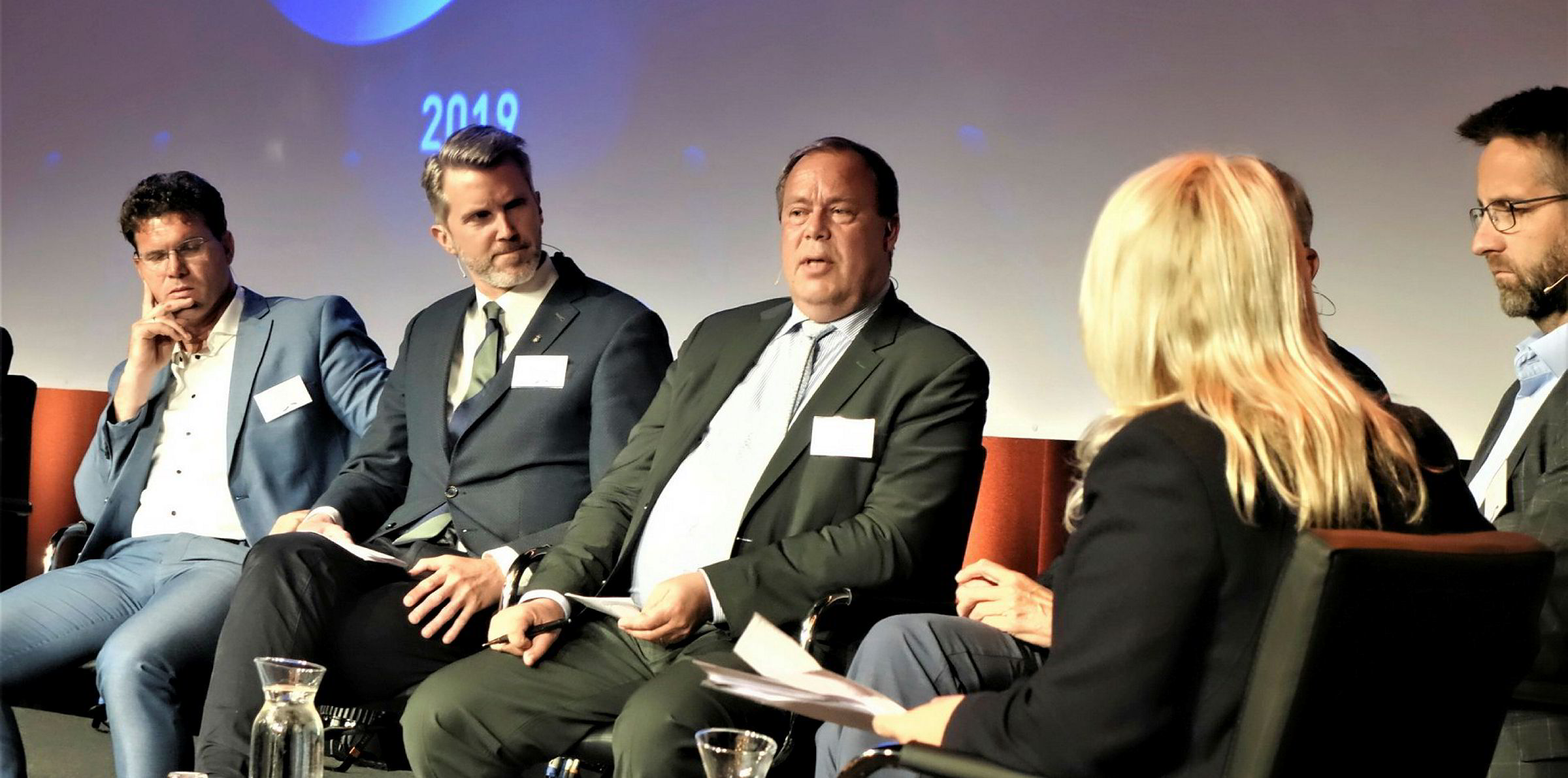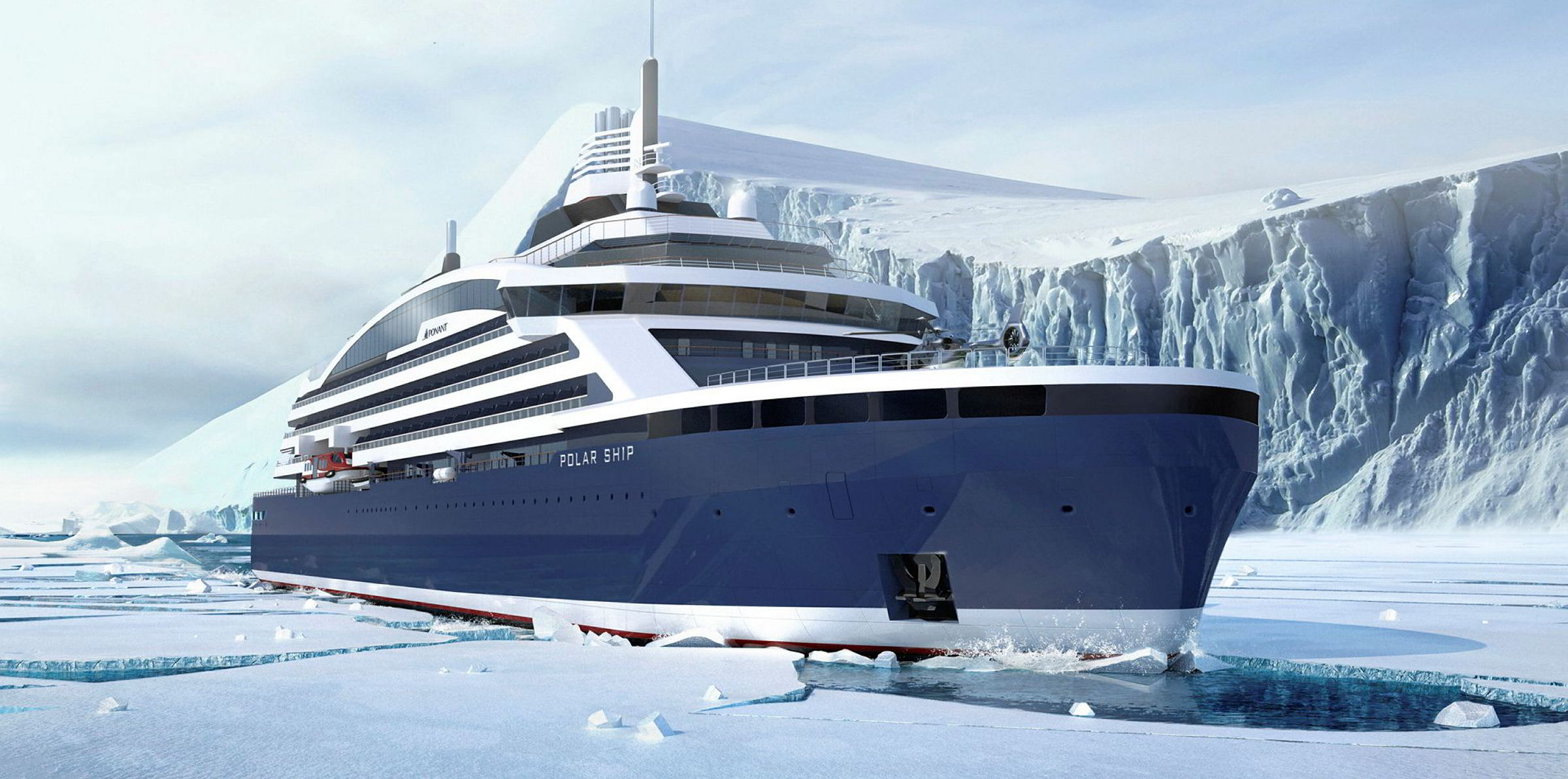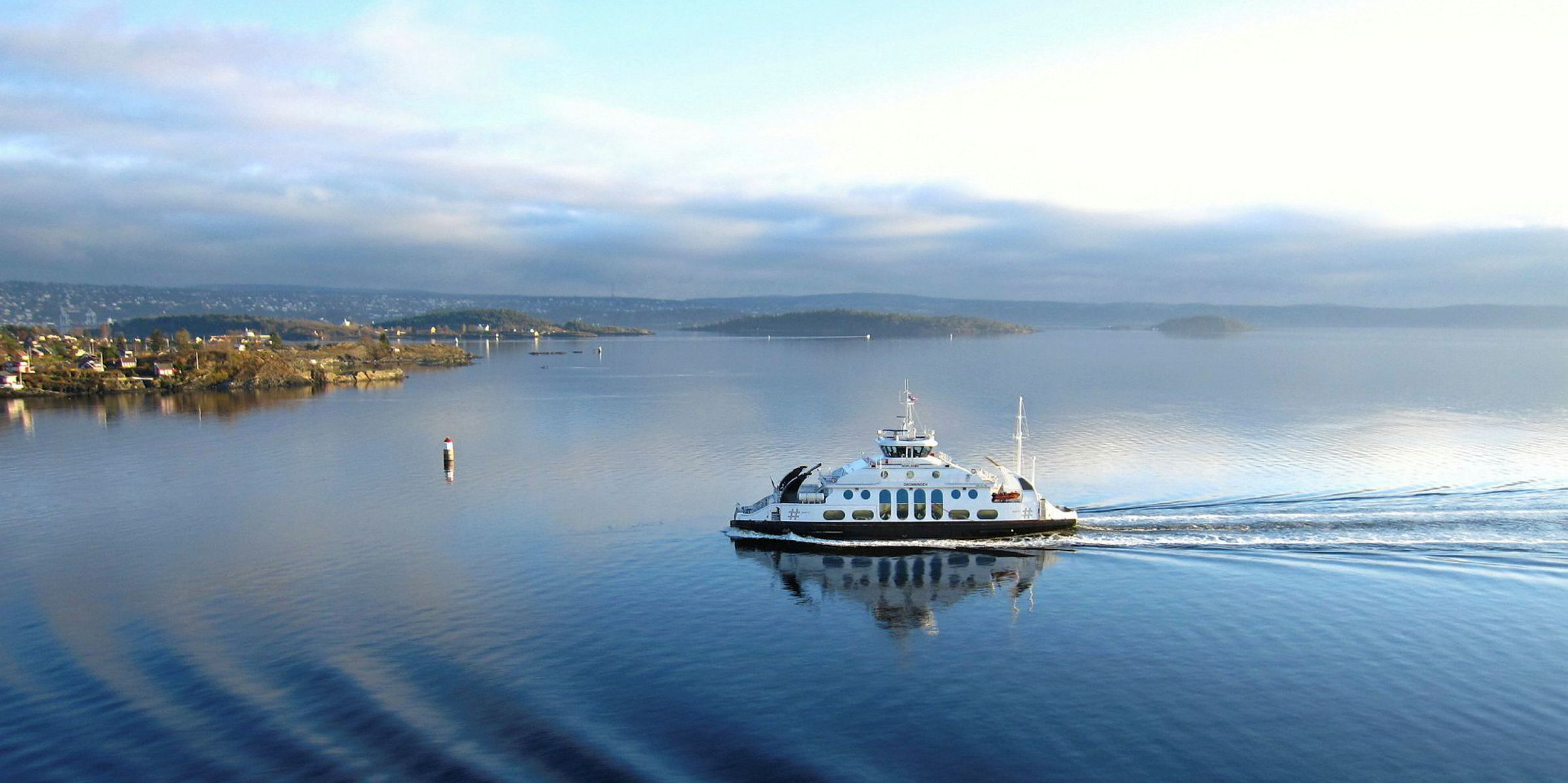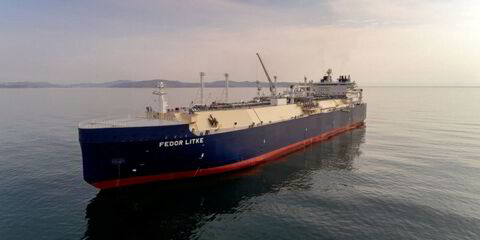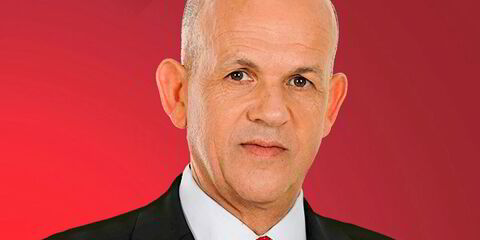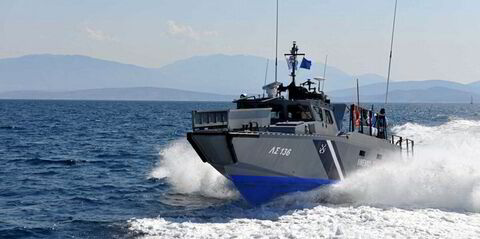Automation in shipping may actually lead to improved working conditions and more jobs for marine officers in shoreside control centres, a union official and shipmanagement executives said during Nor-Shipping.
In a future in which shoreside centres increasingly operate ships remotely, seafarers will be employed in jobs that allow them to have more time at home with family, although they will still need sea experience.
Captain Morten Kveim, head of safety and security of the Norwegian Marine Officers' Association, told the International Ship Autonomy and Sustainability Summit in Oslo that his union sees challenges ahead in autonomous shipping.
"But there are also a lot of opportunities," he said. "The lifecycle of a seafarer may actually be a bit better if that person, woman or man, has the opportunity to work shoreside for a while and mix that with some seafaring work."
Shore control centres that operate autonomous ships will need skilled mariners with experience at sea. He said the importance of this will become clear when there are situations when an autonomous ship will have to be operated "in a more manual way".
"All ships run into problems now and then, and the knowledge how to run a ship must be the backbone of those people in the shore control centres," he said. "That gives new career opportunities for seafarers."
He also said situational awareness will also be important in shore control centres just as it is at sea.
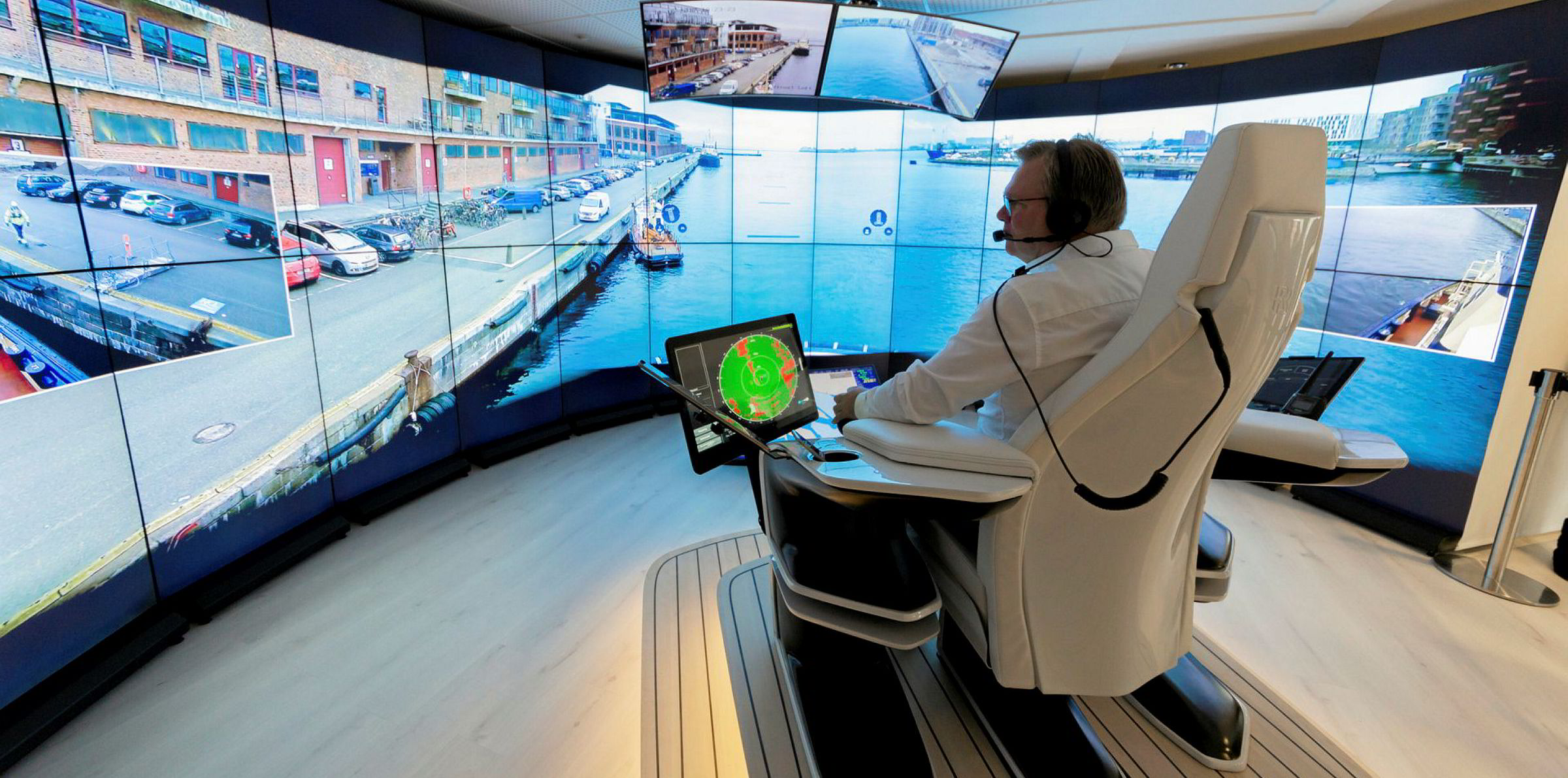
However, Douglas Lang, group managing director for offshore at shipmanager Anglo-Eastern Group, said seafaring experience is not what is needed in operation centres.
Rather, it is navigational and sea-keeping experience that is required, which means it may be best to fast-track training from shore-bound staff with a focus on these skills. He said ship maintenance could be handled like in the airline industry: swapping components in and out at port rather than maintaining ships at sea.
But that still creates opportunities.
"Everyone on this panel is probably saying there are going to be more jobs, and in many respects better jobs, possibly because they are more task-based and they are taking away a lot of the more mundane parts of the seafaring world," he said.
Everyone on this panel is probably saying there are going to be more jobs, and in many respects better jobs, possibly because they are more task-based and they are taking away a lot of the more mundane parts of the seafaring world
Douglas Lang, Anglo-Eastern Group
Further down the road, digital-natives with their feet firmly planted on land may prove ideal for shoreside autonomous ship operations.
Tom Eysto, managing director of autonomous ship venture Massterly AS, said seafarers initially would work in control centres. But young people adept with video games, such as those who compete in so-called e-sports, may become the future workforce.
Focus on e-sport talents
"There are 200 million e-sport players around the world today, and they know very much how to deal with a two-dimensional map transferred into a three-dimensional picture," he said. "These are the youngsters that we will probably use in the control room in the future."
But Lang said increasing automation will force a company with a fleet of its size to be both a high-tech company and one that operates older technology. But he said that older technology is replaced before the end of a ship's life time with new kit with more automation and digitalisation.
To him, that means autonomous ships should not be the centre of discussion but rather autonomous systems on crewed ships.
But he warned that the current seafaring workforce is being "deskilled", and technology is not moving fast enough to address that.
"That to me is probably the biggest challenge we face," he said. "It's not about who we train for the future. It's the fact that, as of today, we are deskilling people and that the technology is not replacing them as quickly as they are being deskilled."
Click here to keep up to date with TradeWinds' coverage of Nor-Shipping 2019.
